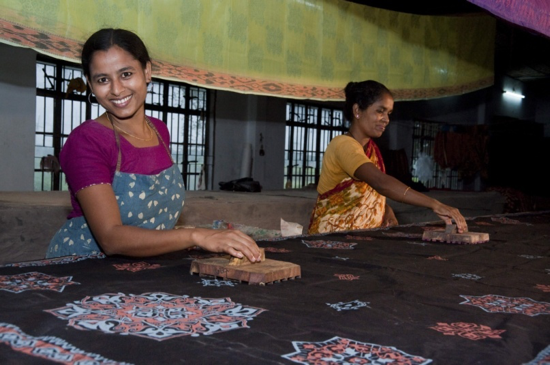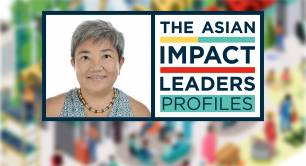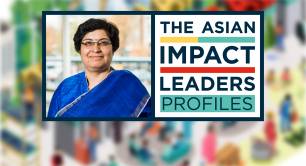The Asian Impact Leaders profiles: Tamara Abed
Tamara Abed has been supporting social entrepreneurs through BRAC, one of the largest NGOs in the world, for 20 years. As the future of development finance is changing, she tells us why leaders must start prioritising what really benefits humanity.
As the G20 summit is hosted in Indonesia this year and then moves to India in 2023, AVPN and the Rockefeller Foundation have launched the Asian Impact Leaders Network, with a mission to amplify the voices of some of the region’s most ambitious social investors, innovators and policymakers. This network is enabling these leaders to build alliances as well as share on a global stage their solutions to the world’s most urgent problems.
AILN member Tamara Abed is the managing director of BRAC Enterprises, the social enterprise arm of one of the largest NGOs in the world.
After graduating with an MBA from Columbia Business School and a spell in investment banking, Abed found her place at BRAC in 2002, where she has remained ever since, earning the title of Young Global Leader from the World Economic Forum in 2010.
From her office in Dhaka, Bangladesh, she speaks to Pioneers Post about BRAC’s upcoming projects, the future of development funding and how this year's and next year's G20, is an opportunity to make the voices of the Global South heard.
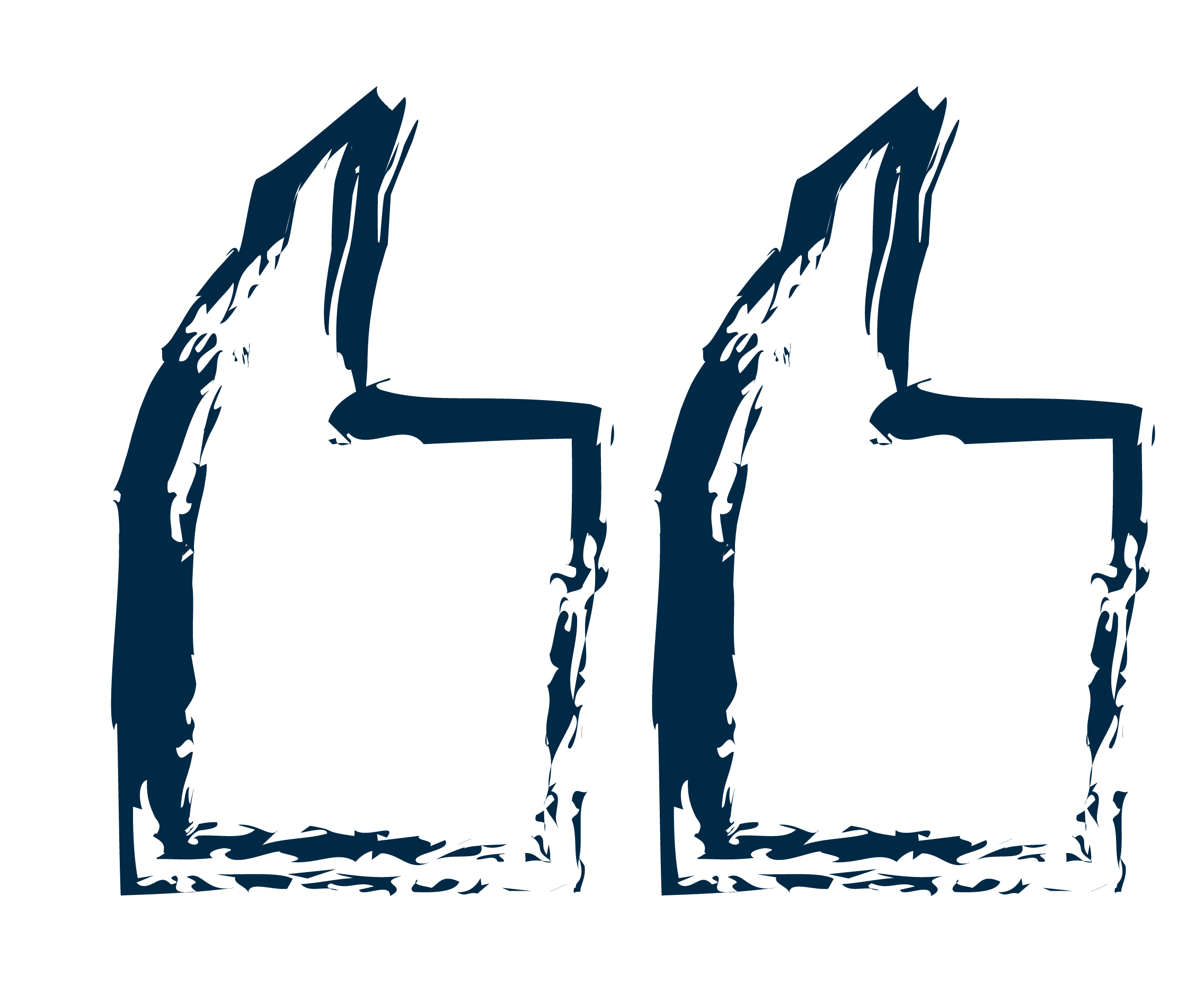
Right after business school, I was working in investment banking in New York when 9/11 happened, which made me reevaluate my career, my purpose in life and what I wanted to do. At this point Aarong, one of BRAC’s first social enterprises, was going through some issues and needed management staff, so my father, who was BRAC’s founder, sent me off to Aarong to help out. I loved the work and I decided to stay – that’s how my 20 years at BRAC started.
BRAC started setting up enterprises quite early, in the mid-70s, when social enterprise was not yet a popular concept. We now have 10 enterprises. The way BRAC sets up social enterprises is to try to solve a problem. Aarong, the largest one, for example is essentially a handicraft chain of retail outlets. It provides livelihoods to women and artisans in rural areas, and offers a marketing outlet for them.
We are starting a new enterprise in healthcare in the next few months. Bangladesh has a very commercial healthcare sector where patients are being taken advantage of: they are being prescribed too many medicines and diagnostics that they don't need, and they have all kinds of out-of-pocket expenses that they don't even need to spend. People are making money out of patients’ inability to understand what things actually mean, so we want to come up with a model of healthcare that actually cares about patients and delivers care with empathy. We're planning to set up 10 clinics in the next five years, and then we'll scale to 50 or more.
The whole space of development funding is changing
As we go into the future, the whole space of development funding is changing. It's also different for least developed countries, lower or middle income countries. Now Bangladesh is not in the same place as it was in the 70s, 80s and 90s – the country is now moving towards lower-middle income status. As we move forward, our grants are drying up for certain areas such as health and education. Our population is also able to afford services, and they're already paying for services – but they're overpaying, so we see an opportunity there to provide services at a fair price... enterprise models are more sustainable because you generate your own surpluses and you can reinvest that back into your business, so you're not reliant on grants.
| The Bangladesh Rural Advancement Committee (BRAC) |
|---|
|
The Bangladesh Rural Advancement Committee (BRAC) was founded in 1972 in Bangladesh by Fazle Hasan Abed, with a mission to “empower people and communities in situations of poverty, illiteracy, disease and social injustice”. One of the biggest NGOs in the world, BRAC runs a broad range of programmes ranging from access to healthcare to gender equality and operates in 11 countries. It is one of the world’s largest microfinance institutions, serving 8m people who live in poverty and cannot access mainstream finance, 87% of which are women. In 2020, it awarded US$4.5bn-worth of loans in Bangladesh. BRAC offers social investment to mission-driven companies with an aim to “empower” people and communities facing poverty, illiteracy, disease and social injustice. For example, BRAC has 44.64% shareholding of BRAC Bank, Bangladesh’s largest SME lender. The NGO also runs one of the largest private, secular educational programmes in Bangladesh. As many as 14m people have graduated from BRAC’s various educational activities, 55% of which are women and girls. BRAC’s work with social enterprise started in 1978 with the launch of Aarong, a social enterprise that sells products made by women and other artisans in rural areas (pictured above), and has become an upmarket fashion brand. BRAC Enterprises now has 10 social enterprises in its portfolio, ranging from agriculture and farming to retail and craft making. |
There is always a place for grant-based services for certain marginalised populations, hard to reach areas, and certain social problems. Certain segments of society will need grant-based programmes, because they are not able to afford services at this point, and whatever they are able to afford is not going to give them the quality of services that they deserve. But having said that, there are also many problems that social enterprises can solve.
I'm excited about the Asian Impact Leaders Network because it's a good place to network with impact leaders in the region, and see what kind of opportunities and collaborations are possible. It opens up doors and it's also good to know what others are doing. It gives ideas for what can be done. It's a great way to meet, interact, network and collaborate and look at possible opportunities to collaborate.
- Read more about the Asian Impact Leaders Network in G20 and beyond: the rise of the Asian Impact Leaders
AVPN is very well placed because it's working with a lot of newer, younger philanthropists and family offices. It has a very good opportunity to educate the newer philanthropists about what works, what doesn't work, and ensure that they are able to communicate with people who have a lot of credible experience in development on the ground.
Because of the economic crisis, a lot of countries might really need concessionary debt, and on very soft terms, zero interest debt. My hope is that the G20 will be able to recognise that and mobilise funds, so that some of these countries can be in a better position, ride through the crisis, rather than needing a bailout at the last minute.
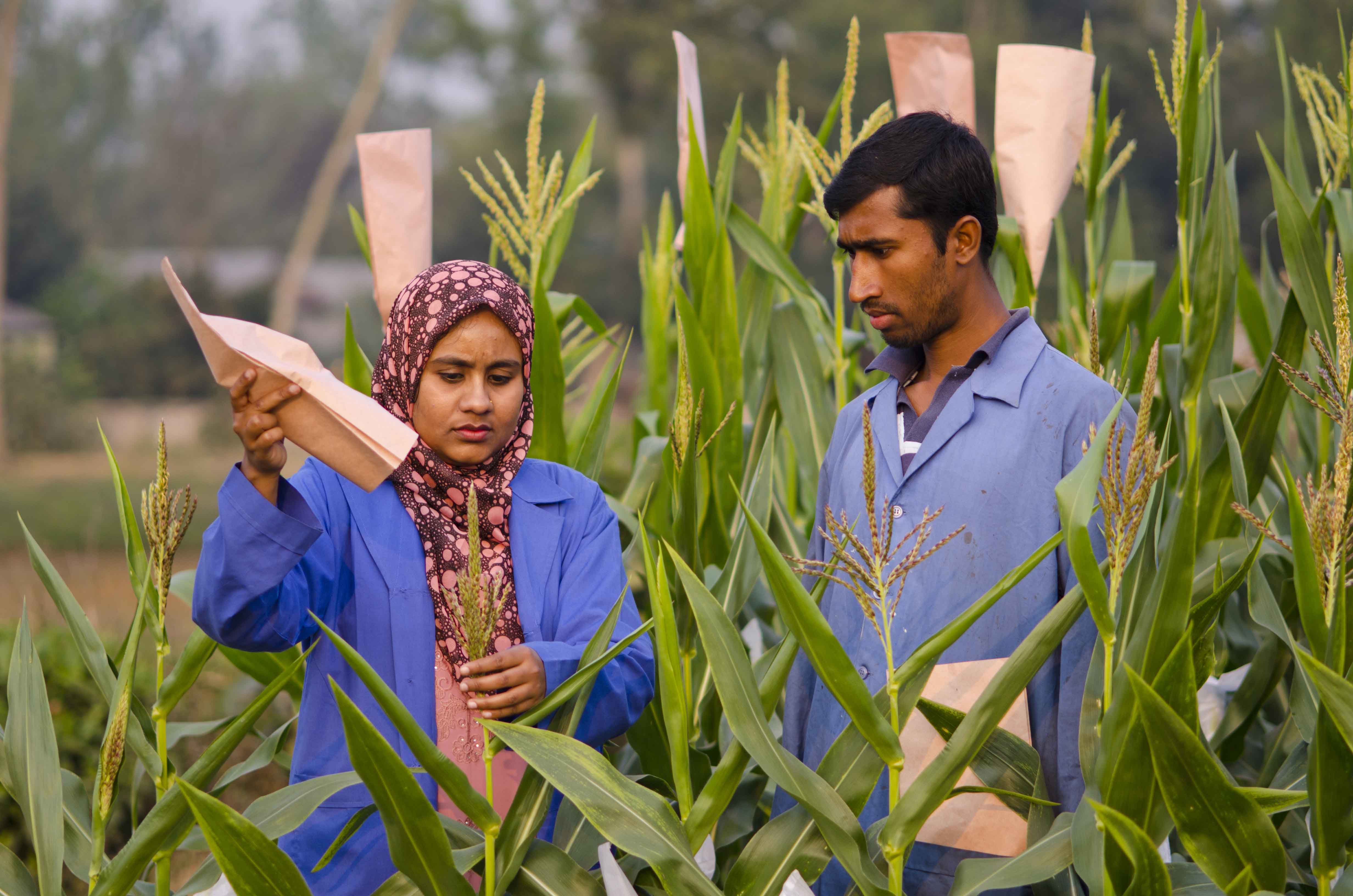
Maize farmers supported by BRAC's agriculture and food security programme
The other thing is climate, and the important thing for South Asia is adaptation, not mitigation. We are not the biggest contributors to the problem, but we are some of the biggest sufferers. Although a lot of the dialogue and a lot of the agenda gets set in the Global North, just like with Covid-19, it's the poorest that are the most vulnerable. The G20 happening in Indonesia is a great opportunity to highlight and really understand how important adaptation is.
My hope is that with all of the things the world is going through, there's a collective realisation amongst leaders that more of the same isn't going to take us to the future, that we really need to rethink, re-strategise and re-prioritise, and redo allocations in our budgets for what's important to people – like health and education for example.
I think a lot of the constraints are man-made – countries can spend a lot of their budgets on things that don't serve humanity. It's a question of re-prioritising and really understanding what serves humanity – humanity as a whole, and not the interests of the few, the interests of the powerful, and the interests of the rich.
·BIOGRAPHY
·Name
Tamara Abed
·Country of origin
Bangladesh
·Current role
Managing director of BRAC Enterprises, overseeing BRAC's ten social enterprises.
·Other roles
She chairs the board of BRAC University and sits on the boards of several other BRAC entities.
Thanks for reading Pioneers Post. As an entrepreneur or investor yourself, you'll know that producing quality work doesn't come free. We rely on our subscribers to sustain our journalism – so if you think it's worth having an independent, specialist media platform that covers social enterprise stories, please consider subscribing. You'll also be buying social: Pioneers Post is a social enterprise itself, reinvesting all our profits into helping you do good business, better.

